Healing the Core Wounds in Relationships

Our primary love relationship is one of the biggest areas of our lives from which we draw the most happiness and contentment.
The more our marriage or relationship is in harmony, the more we seem to be in the flow of life.
We tend to feel barriers and walls between us in the relationship when there are glitches, irritations, and upsets between us. The pathway of accelerated healing comes from tantric philosophies of using your partner as a mirror and window to your own pain and wounding.
Your partner mirrors to you what you hold inside. It is never the other; it is always in you. The more you take personal responsibility for your irritations and upsets, the more you can own your negative feelings and perceptions towards your partner, which are simply projections of your own deficiencies.
What deficiencies do is cloud your own perceptions; they create filters through which you see your partner. It is not how your partner is; it is how you perceive them based upon wounding of the past, typically your mother or father or from past lovers,
What you perceive moves through your filters and beliefs of your reticular activating system, which generalises, deletes, and distorts how the world is and shapes them around how you believe it to be.
Those beliefs were 100% inherited through conditioning. Thus, one of the most powerful questions you can ask yourself is, “Is this really true?” If you dig deep enough, you will often find it is a projection.
Resentment and Rejection

Two of the big irritations in relationships are the duo of resentment and rejection. In a previous article, I have discussed the dance that the masculine and feminine play around Trust and Surrender.
Today, let’s continue our relationship series and explore resentment and rejection.
Let’s explore how the dynamics of resentment and rejection manifest in relationships where a woman resents the masculine due to her core wounds from her relationship with her father and the collective patriarchy, while men harbor resentment stemming from their unmet nurturing needs from their mothers. We will delve into the patterns that underlie these dynamics and offer insights into healing and transformation.
Resentment from the Feminine Perspective

Many women carry the weight of resentment towards the masculine energy in their lives. This resentment can often be traced back to their relationship with their fathers, the first masculine figure they encountered. If a woman’s father was absent, emotionally distant, or abusive, it can lead to a deep sense of mistrust and resentment towards all masculine figures in her life, including her partner.
Additionally, societal influences play a significant role in nurturing this resentment. The collective patriarchy, with its historical dominance and oppression of the feminine, can amplify a woman’s feelings of anger and resentment towards men as a whole. The injustices faced by women throughout history can create a sense of collective woundedness that fuels the fire of resentment.
This resentment often plays out in relationships as a fear of vulnerability and a need to protect oneself from potential harm. It may manifest as a desire to control or dominate the masculine energy, resulting in power struggles and conflicts within the relationship.
Resentment from the Masculine Perspective

On the other side of the spectrum, many men carry their own reservoirs of resentment. Their resentment often stems from unmet nurturing needs during childhood. When a mother is unable to provide the emotional nurturing and support a child needs, it can lead to a profound sense of emptiness and rejection.
This unhealed wound can manifest in adulthood as an unconscious desire for validation and emotional support from their partner. Men may feel resentful when their partners are unable to fulfill these unmet needs, even if their partners are not to blame for the past wounds inflicted by their mothers.
Depending on the culture, men may also feel societal pressure to conform to traditional masculine roles, which can compound their resentment. The expectation of being strong, stoic, and self-sufficient can leave little room for vulnerability and emotional expression, leading to feelings of frustration and isolation.
The Cycle of Emotional Withdrawal

In relationships where a woman resents the masculine, she may withhold her emotional intimacy as a form of self-protection. This emotional withdrawal can trigger feelings of rejection in the masculine partner, exacerbating his own resentment. As a result, the relationship becomes a vicious cycle of emotional distance and resentment.
To break this pattern, it’s essential for both partners to recognise their respective wounds and work towards open communication and emotional vulnerability. The feminine partner can begin by acknowledging her fear of vulnerability and consciously allowing herself to trust the masculine energy in her life. The masculine partner can work on expressing his emotional needs and nurturing his own inner child.
Emotionally withdrawing compounds both the resentment from the feminine of the masculine of her man never being there for her, while it heightens the feelings of rejection for the man who pulls away, which fuels the cycle.
Power Struggles and Control

Resentment from the feminine perspective can lead to power struggles within the relationship. The need to control or dominate the masculine energy can result in conflicts and a sense of disempowerment for both partners. In this situation, the man feels disempowered and spends much time avoiding conflict and not stepping into their own power. Further fueling the resentment of the woman who complains about having to do everything themselves, and taking on more masculine energy in compensation.
When a man has the core wound of rejection still at play, often the way they feel accepted is through sex. Thus, what can often happen is the man can project their sexual desire towards their partner because it makes them feel close to their partner. However, their partner can feel the underlying neediness that is based on the deficiencies of not feeling the feminine inside themselves and desire rather than true love and nurturing towards their woman.
In this situation, the woman can typically be put off by their man’s neediness for sex to feel connected and pull away, thus heightening the feeling of rejection in the man. The resentment stemming from unmet nurturing needs can lead to an unconscious expectation of emotional support from the feminine partner. This can create a sense of neediness that may feel suffocating to the feminine partner, further triggering her own feelings of resentment that he never listens or reads my needs.
As you can see and feel, the triggers and wounds fuel each other.
The Pathway of Healing

Self-Awareness
The first step in healing the wounds of resentment and rejection is self-awareness. Both partners must acknowledge their own wounds and how they contribute to the relationship dynamics. This self-awareness forms the foundation for meaningful change.
Personal Responsibility
First and foremost the cycle of blame must be broken. I truly believe it takes only one committed person to change a relationship. Because when you heal, the core wound is no longer a frequency emitting from your energy field. Their energy field adjusts and is no longer triggered by the energy you were emitting. (Obviously two parties actively working is better, but with one committed person change is not only possible but probable.)
Vulnerability
One of the keys is being vulnerable, being brave enough to go into your core fear, this is the place you have been avoiding for years. It takes courage and commitment to want to change, and your partner is your greatest ally in your pathway of transformation.
Open and Honest Communication
Healthy communication is the key to transformation. Partners must create a safe space for open and honest dialogue, allowing them to express their fears, needs, and vulnerabilities without judgment. Active listening and empathy are crucial in this process.
Self-Healing
Each partner should embark on a journey of self-healing. This includes therapy, self-reflection, and journaling to address their core wounds and nurture their inner selves. Find a good healer, we have many fine energy healers who have been trained by us in the Neo Shamanic Society.
Healing and Growing Together
There is no greater joy than being on an evolving pathway with your partner. It is an exquisite experience that is the gift that keeps on giving. When you can be open enough to explore what lies underneath the irritation and upsets your partner is showing you. You will begin to see it was never your partner, it was inside you all along. Then you both will be on a rocketship.
Our flagship program The Evolutionary Keys is our deep dive into contemplating yourself, and we find so many incredible testimonials from couples who have deepened their bond and connection from going through this year-long journey together.
Embracing Evolution
Ultimately, healing and transformation require a shift towards balance and integration of both masculine and feminine energies within the relationship. Embracing the full spectrum of human experience, from vulnerability to strength, nurturance to independence.
There is a saying “That which does not grow dies”. Growing and evolving in your relationship is one of the most important decisions you can make to give you greater harmony love intimacy and connection in your primary love relationship.
Understanding that resentment and rejection are hidden keys to going deeper into your personal process. That if you can solve will automatically lift your partner out of their own deficiency and pattern.
There has never been a better time for conscious evolution than now. The energy frequency and consciousness on the planet are making the pathway so much faster for any sincere heart that wishes to change themselves, lift their relationship to another level, and in doing so change the world.

